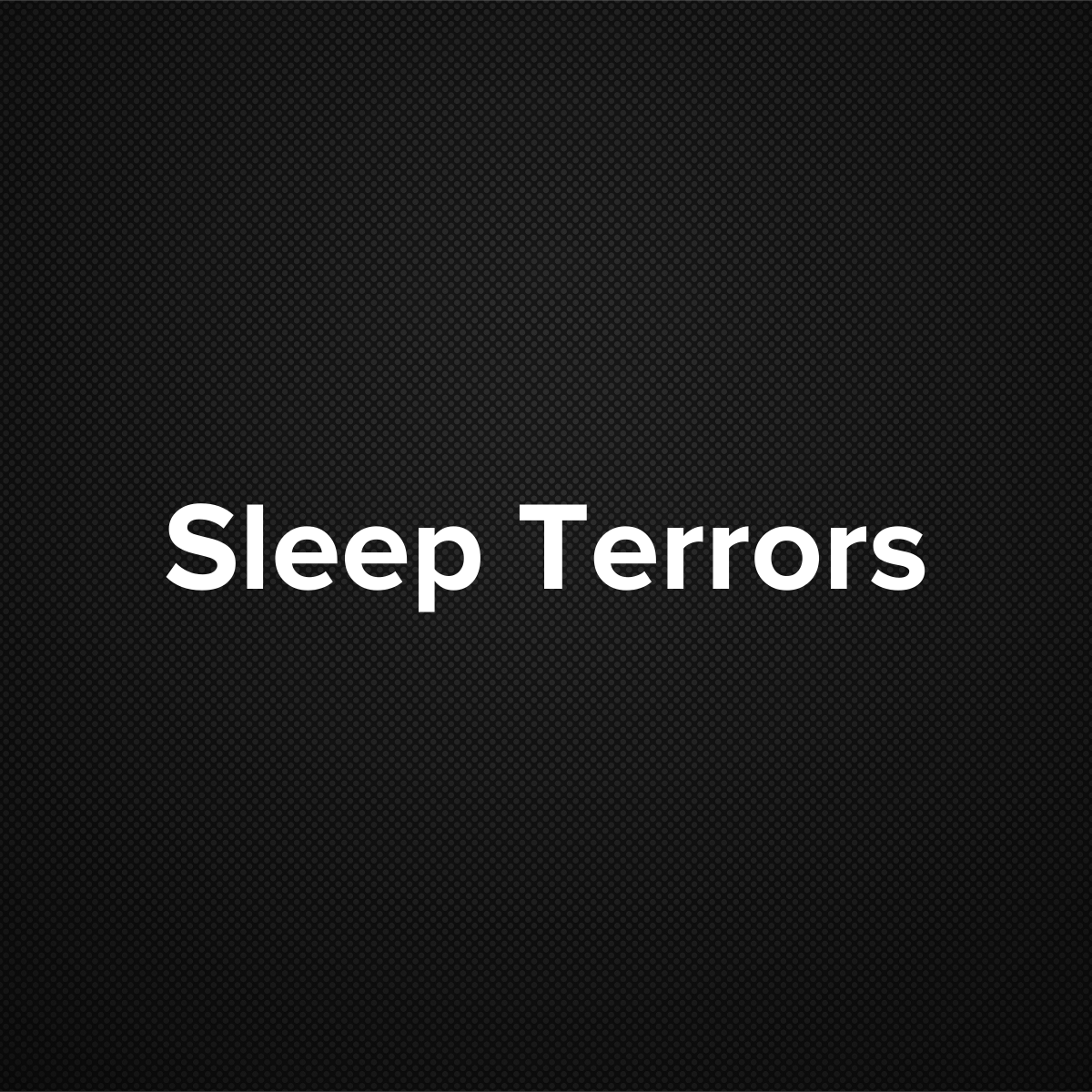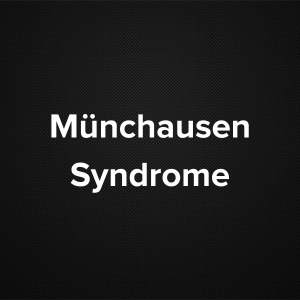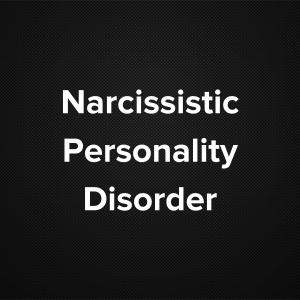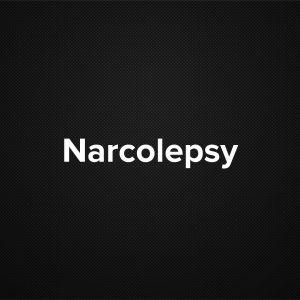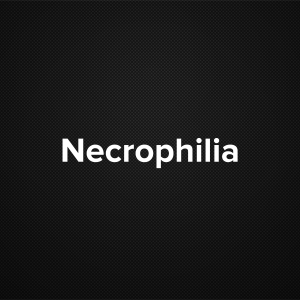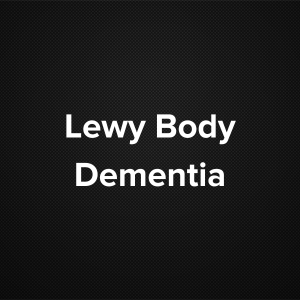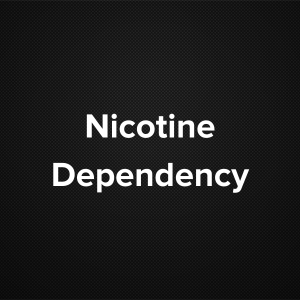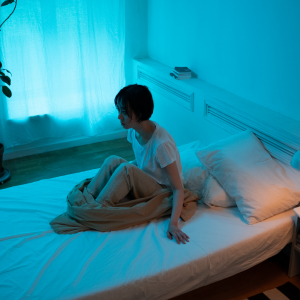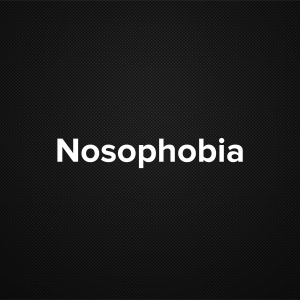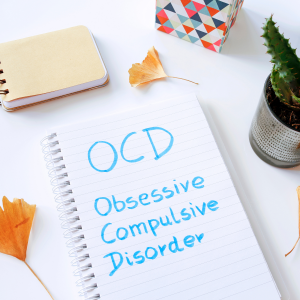Causes and risk factors
Sleep terror occurrence has a strong genetic and familial inheritance. Certain factors predispose night terrors; these include stress, extreme tiredness or sleeping in an inappropriate atmosphere. Adults suffering from sleep terrors usually have a history of some underlying mental diseases like bipolar disorder or some anxiety disorder. Sleep terror is also caused due to hypothyroidism, intake of certain medications, headache, encephalitis, head injury, fever and also due to substance abuse.
Clinical presentation:
Night terror usually occurs 2-3 hours after sleep. It occurs during the deep non REM sleep. The patients come with complaints of sudden screaming or shouting in sleep due to intense fear, the sleep is disturbed. Sweating, palpitation, fast breathing is seen. At times the individual might suddenly get up and start moving around shouting in fear. People in such cases are prone to injury themselves. People suffering from night terror are difficult to be awakened and the response to voice is poor. They suddenly get up and at times might not know what is going around. The next morning the person might not remember the incident, while in some cases recurrent episodes can lead to worry and depression in an individual and can also hamper the personal relationship.
Investigations:
Diagnosis can be made on the basis of the symptoms narrated by the patients and on the basis of complete psychiatric evaluation. Reviewing of the history is the most essential step. All the details are obtained from the family and friends. Close observation in such cases is essential. Polysomnography is done to find out the underlying sleep disorder. Certain other investigations can be advised in cases where the doctor suspects any pathology.
Treatment:
Treatment in cases of sleep terrors is usually not needed. Overtime the complaints resolve on its own, however in severe cases where the attacks are causing injury and endangering life medical intervention is needed. In cases where the night terror is caused due to some underlying pathology treatment of the underlying pathology is must. In mild cases in children it is advisable to parents to remain calm during such attacks, do not wake up the child, and wait near the child until the child gets back to normal and sleep. Support and care by family and friends will help the patient to cope up with the complaints. Indulgence in positive recreational activity, meditation and measure to manage stress needs to be implemented.
Other Modes of treatment:
Certain other modes of treatment can also be helpful in coping up the symptom. Taking into consideration the symptoms in holistic way, homoeopathy can offer a good aid for the relief of the symptoms.
Recent update:
According to new research from the University of Warwick, children who suffer from frequent nightmares or bouts of night terrors may be at an increased risk of psychotic experiences in adolescence.
